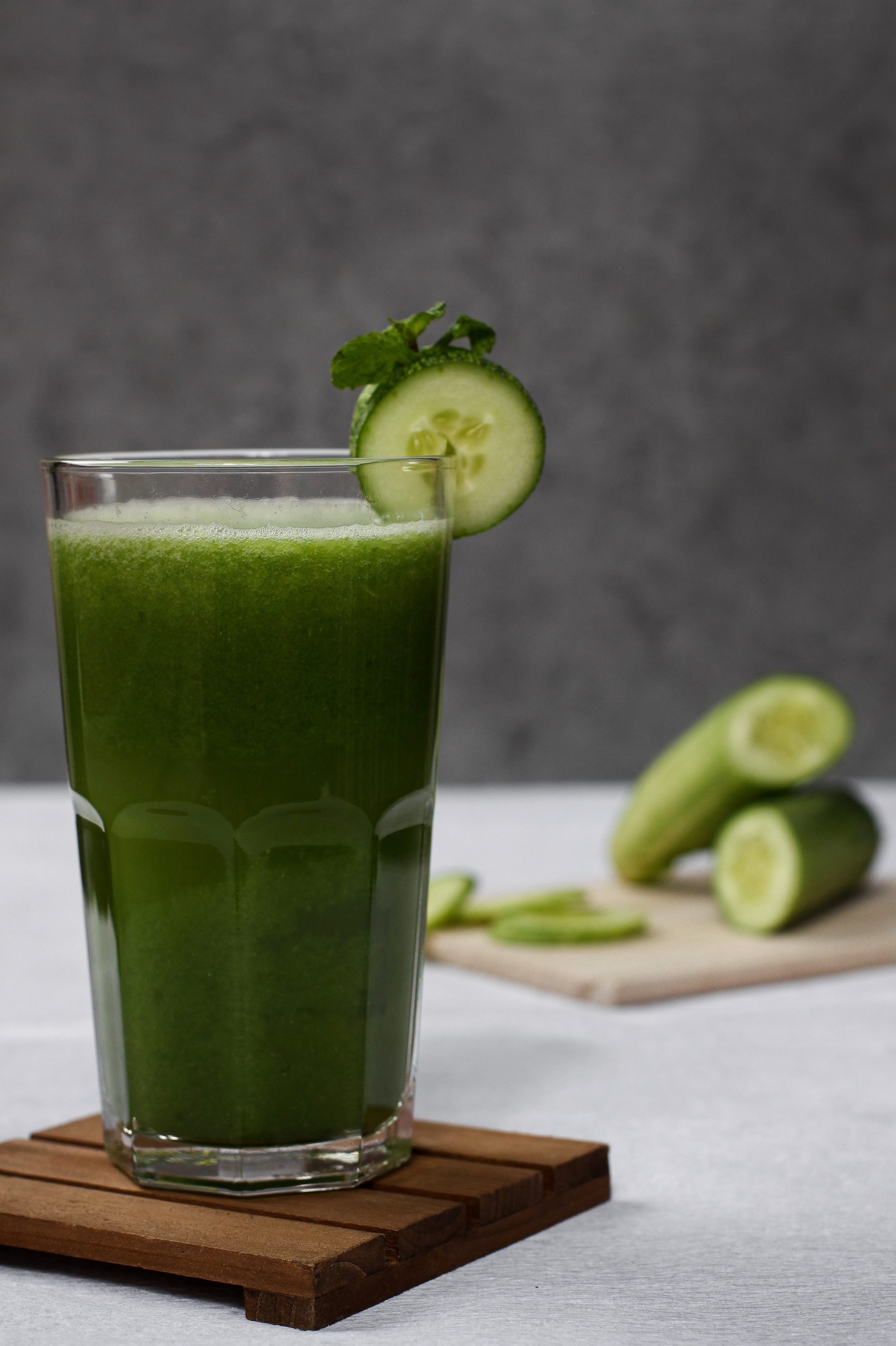Juice cleanses have become increasingly popular in recent years as a way to detoxify the body and promote weight loss. But are these cleanses really as effective as they claim to be? And are they safe for long-term use? In this article, we’ll take a closer look at juice cleanses and the truth behind detox fads.
What is a Juice Cleanse?
A juice cleanse is a type of detox diet that involves consuming only fruit and vegetable juices for a period of time, typically three to seven days. The idea behind a juice cleanse is that by eliminating solid foods and consuming only liquids, the body can rid itself of toxins and promote weight loss.
Proponents of juice cleanses claim that they can help improve digestion, boost energy levels, and even clear up skin problems. However, there is little scientific evidence to support these claims.
The Truth About Detoxing
The concept of detoxing has become increasingly popular in recent years, with many people turning to detox diets and cleanses as a way to rid their bodies of toxins. However, the truth is that our bodies are already equipped with a natural detoxification system.
The liver, kidneys, and lymphatic system all work together to eliminate toxins from the body. While certain foods and supplements may help support these systems, there is no evidence to suggest that a juice cleanse is necessary for detoxification.
Additionally, many juice cleanses are low in protein and other essential nutrients, which can lead to muscle loss and other health problems. While some people may experience weight loss during a juice cleanse, this is often due to water weight loss rather than fat loss.
The Risks of Juice Cleanses
While juice cleanses may seem like a quick and easy way to detoxify the body, they can actually be quite risky. Consuming only fruit and vegetable juices for an extended period of time can lead to nutrient deficiencies, particularly in protein, iron, and calcium.
Additionally, juice cleanses can be high in sugar, which can lead to blood sugar imbalances and other health problems. Some people may also experience digestive issues, such as bloating and diarrhea, during a juice cleanse.
Finally, juice cleanses can be expensive, with some programs costing hundreds of dollars. While some people may find that a juice cleanse helps them jumpstart a healthier lifestyle, there are more sustainable and affordable ways to achieve the same results.
The Bottom Line
While juice cleanses may seem like a quick and easy way to detoxify the body and promote weight loss, the truth is that they are often ineffective and can be quite risky. Instead of relying on fad diets and detox cleanses, focus on making sustainable lifestyle changes that promote overall health and well-being.
This may include eating a balanced diet that is rich in whole foods, getting regular exercise, and managing stress levels. By making these changes, you can support your body’s natural detoxification system and achieve long-term health and wellness.
In conclusion, juice cleanses and other detox fads may seem like a quick fix for weight loss and detoxification, but the truth is that they are often ineffective and can be quite risky. Instead of relying on these fads, focus on making sustainable lifestyle changes that promote overall health and well-being. By doing so, you can achieve long-term health and wellness without putting your health at risk.




